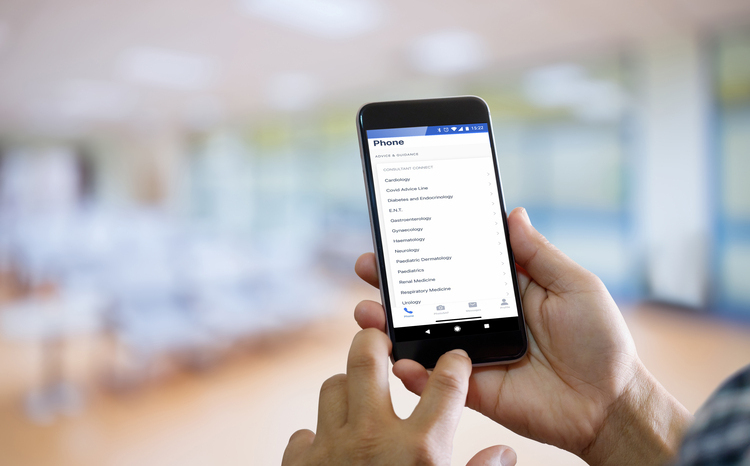New partnership to boost e-health
- 3 April 2009
The European Health Telematics Association has announced that it has signed an agreement with the International Society of Telemedicine and e-health to further their efforts in making telemedicine more widespread.
The agreement highlights the need for a “synergistic partnership” to increase each organisations effectiveness and make a more positive impact than their individual efforts alone.
EHTEL president Martin Denz told E-Health Europe: “It is a collaborative agreement essentially about cross border collaboration.
“We found that both organisations were researching the same things, using the same data and finding the same results, so to eliminate overlapping we have joined forces.”
The contract, shown exclusively to E-Health Europe states that the two organisations will “aim to combine efforts and activities that may contribute to the realisation of the common goal to use telemedicine and e-health for better health and care.”
Although the organisations have met on several occasions, this is the first formal agreement they have signed together.
The agreement will bring together the repository knowledge resources and best practice models from ISfTeH with the networking platform that EHTEL provides, to improve healthcare delivery through e-health.
The agreement was signed on the first day of the Med-E-Tel Conference in Luxembourg.
EHTEL celebrated its tenth anniversary at the conference with Denz providing recognising the organisations efforts to shape e-health in Europe and making a keynote presentation on ‘The three ages of e-health,” discovery, acceptance and deployment.
He defined the current stage of e-health to be one of deployment, which will be a challenge for healthcare over the next ten years and said that there will be no simple way forward.
He commented: “It has become clear that e-health is just an enabler and although the technology is almost perfected we need to change peoples’ ‘cannot do’ mentality for it to move forward.”
Denz concluded: “We hope that a fourth age will emerge within the next twenty years where the e-prefix will no longer be needed and IT will be an integral part of day to day healthcare.”
Links





